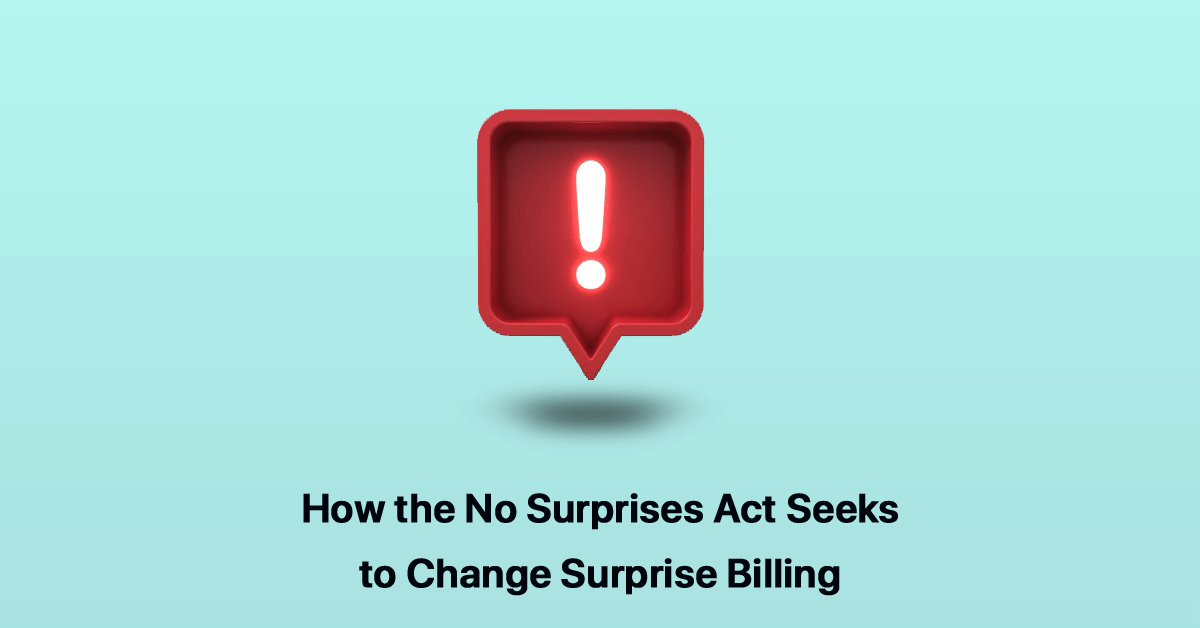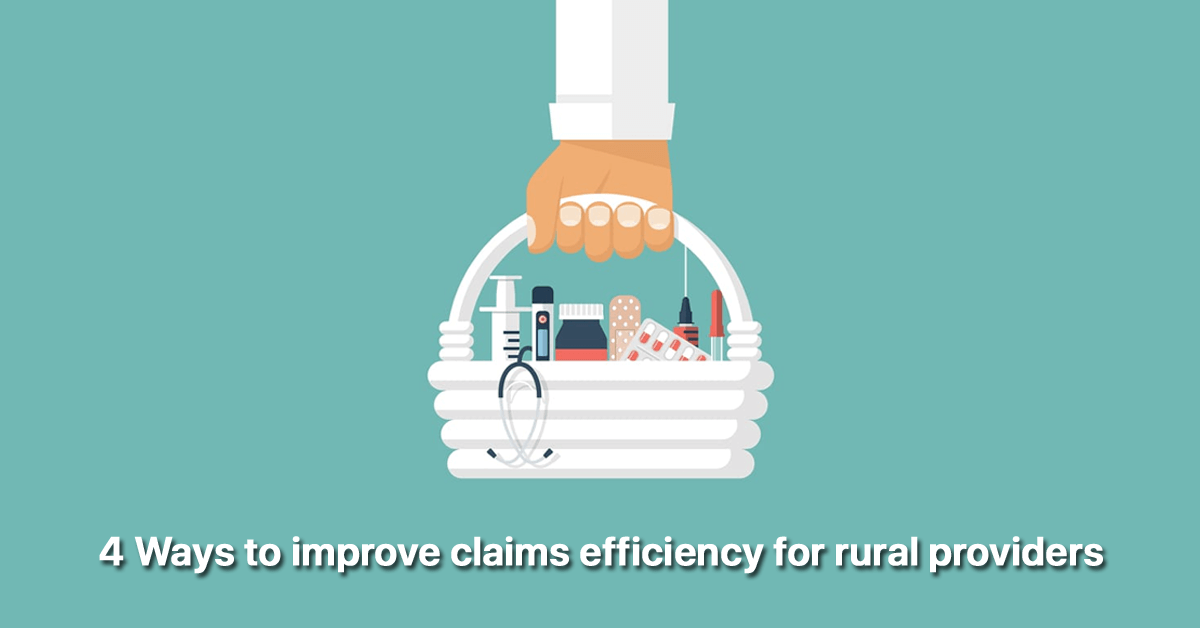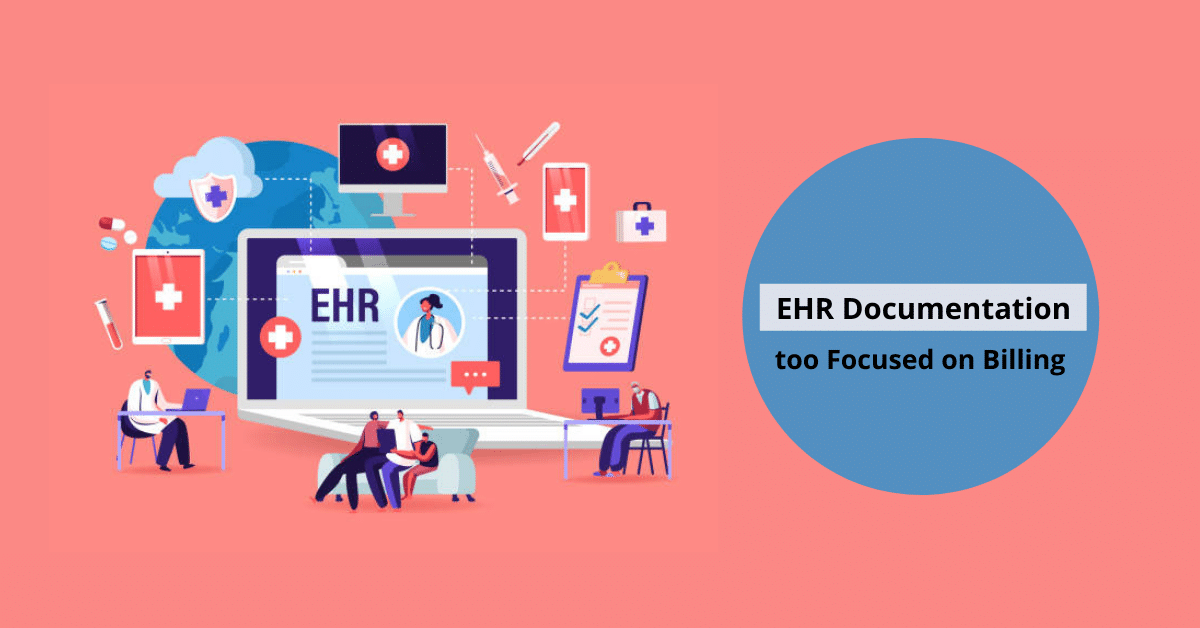The No Surprises Act came into effect in December 2021, potentially averting countless instances of unexpected billing claims within its initial two months of implementation. By May 24, 2022, the No Surprises Act had already thwarted over two million cases of surprise billing claims during its initial two-month span, as per a survey conducted by […]
After appealing the courts’ ruling on vacating a piece of arbitration within the No Surprises Act, HHS asks the court for a hold on its plea. HHS recently requested for a hold on its appeal of a Texas federal court ruling vacating parts of the independent dispute resolution (IDR) process in the surprise billing interim […]
A report by the Office of Inspector General (OIG) raises concerns about organizations prioritizing profits over patient access to care. Medicare Advantage organizations (MAOs) often delay or deny services for medically necessary care, even when prior authorization requests meet coverage rules, according to a report by the OIG. A concern with the Medicare Advantage […]
In the last six months, several payers, providers and revenue cycle vendors began warning patients about data breaches that affected medical billing information. Here is a breakdown of seven instances: Adaptive Health Integrations, a company providing healthcare billing services, suffered a breach in October that exposed 510,574 individuals’ data. The incident is the third-largest […]
CMS released its annual Inpatient Prospective Payment System proposed rule April 18, which proposes a reimbursement boost for acute care hospitals. Here are 10 things to know about the 1,786-page proposed rule: Payment rate update. Under the proposed rule, acute care hospitals that report quality data and are meaningful users of EHRs will see a […]
The act seeks to reduce surprise billing through independent dispute resolution and incentives for providers to join health plan networks. The No Surprises Act used a couple of methods to reduce surprise billing, though the need for some modifications may remain, according to a resource from AHIP. “The real problem of surprise medical bills tended […]
The Centers for Medicare & Medicaid Services (CMS) subsidizes healthcare in defined rural environments, paying encounter rates for provided services provided and the overhead required to provide them. However, it’s not free money. Rural health clinic (RHC) leaders must keep track of the services provided and submit yearly totals. They also must submit and process […]
Know the facts for ensuring proper payment of these claims in 2022. New policy for split/shared evaluation and management (E/M) visits (including critical care services and prolonged services) was finalized in the calendar year (CY) 2022 Medicare Physician Fee Schedule (MPFS) final rule. Knowing the new guidelines for billing split/shared visits performed in the facility […]
A physician’s goal is to care for patients, but a key part of being able to provide that care is the eternal quest for payment. One way to ensure that a practice maximizes its coding regimen is to make sure each session can be efficiently billed. A physician’s goal is to care for patients, but […]
One-third spend at least two hours daily on documentation outside of office American doctors are of two minds when it comes to their EHRs. They are satisfied with the technology overall but resent the amount of documentation time EHRs require for billing purposes. Those are among the results of an analysis of responses to the […]









